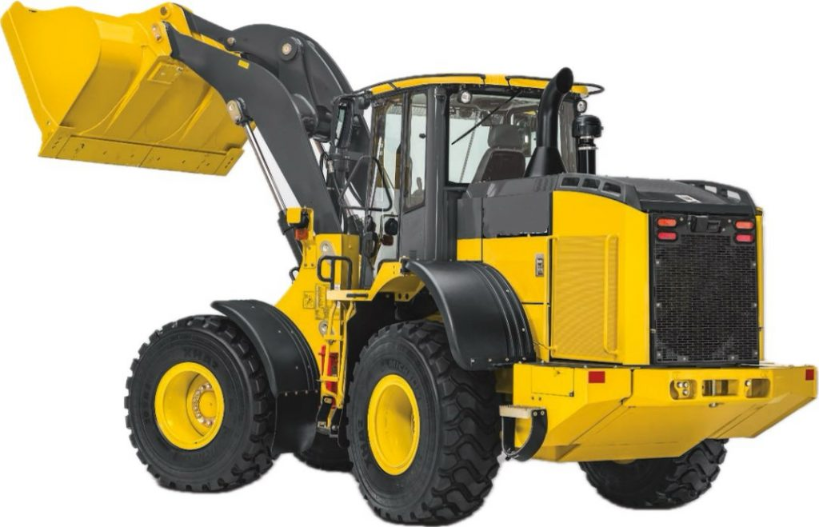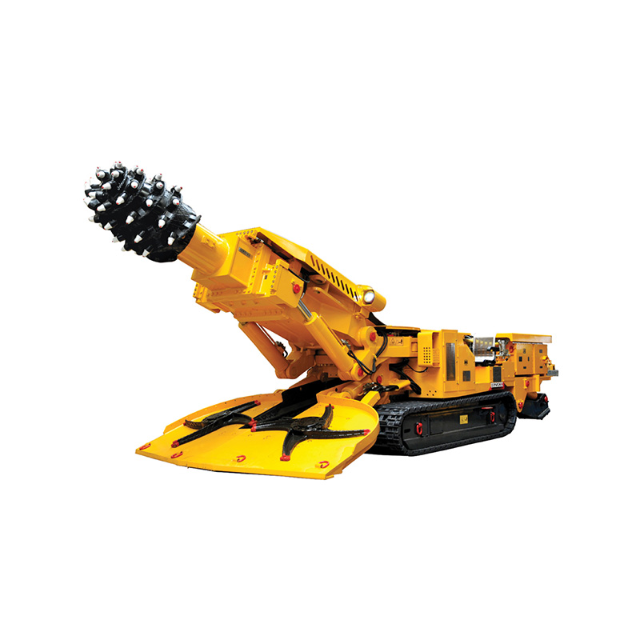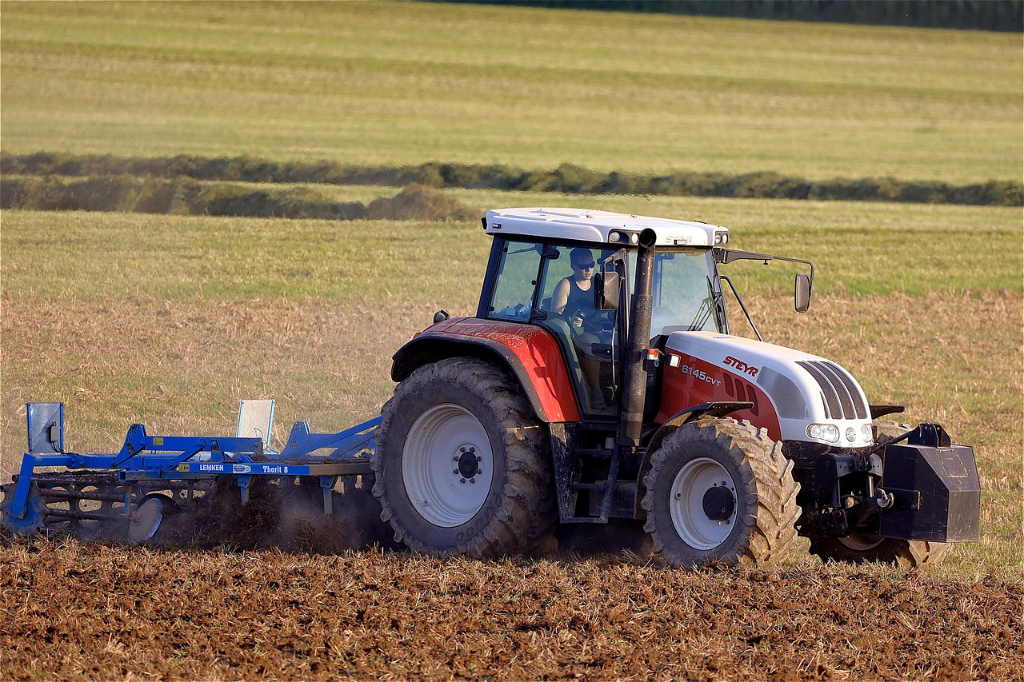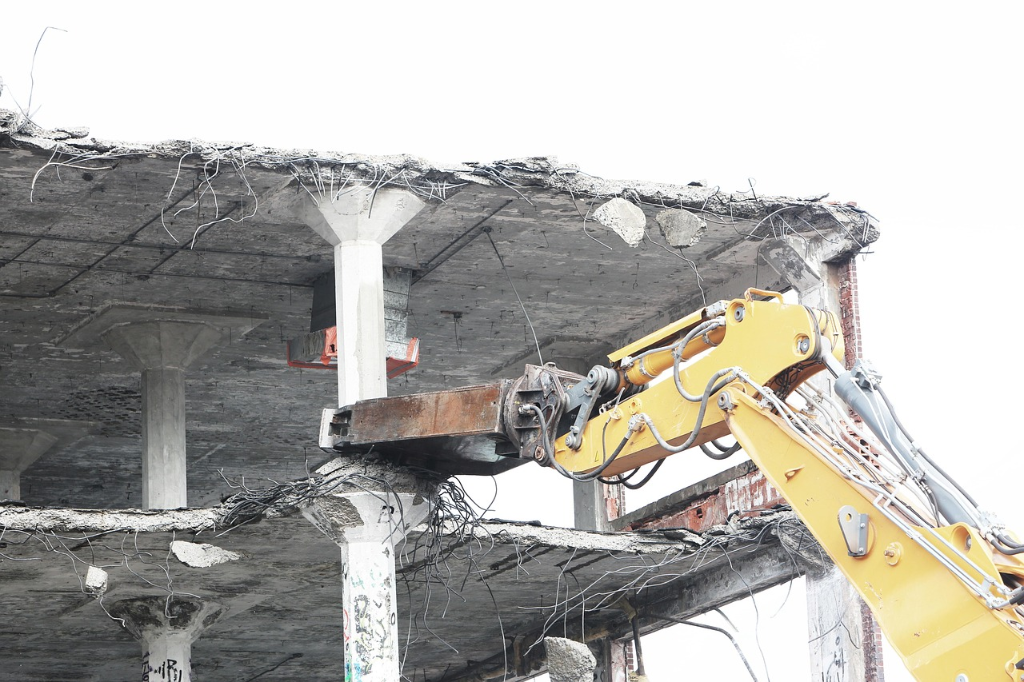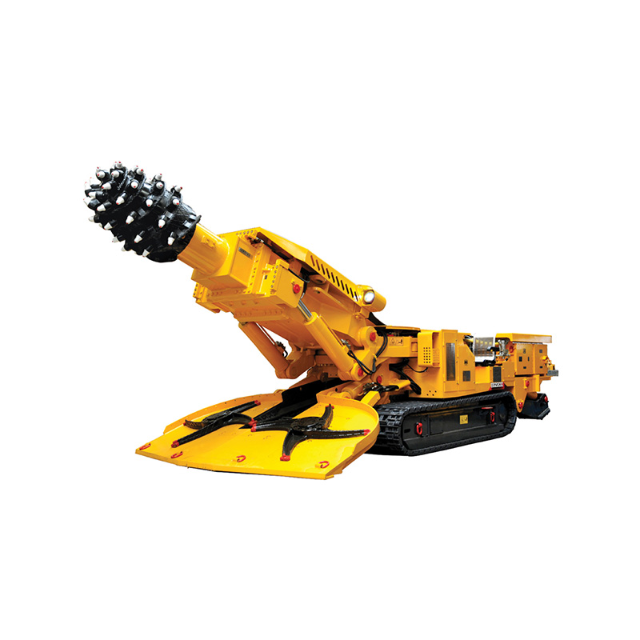
Hydraulic cylinders in roadheaders work in some of the roughest conditions possible. The pressure is extreme, the vibration never stops, and the dust in mines is sharp and damaging. On top of that, every operation demands huge force against hard rock. With all these stresses, it’s no surprise that cylinders can wear out much earlier than expected. When they break down, production stops and costs rise quickly. For this reason, it makes sense to look at why these failures happen and how you can deal with them.
What Causes Hydraulic Cylinders to Wear Out So Fast?
In mining, cylinders are almost always running. They move the boom of a roadheader back and forth against rock, which creates constant friction. The piston rod is under repeated force, the hydraulic oil picks up fine dust, and loads keep reversing. These conditions cause fatigue much faster than in normal machinery. If problems are ignored, efficiency drops long before the expected lifespan is reached.
Are Sealing Failures the Biggest Problem?
Yes, seal problems are one of the most common reasons for early failure. When seals get worn or damaged, they let fluid leak inside the cylinder. This loss of pressure creates uneven movement and reduces power. Mining machines often use high grade seals from Hallite or NOK. These brands are chosen because they handle heat and dust better than cheaper options. If seals are not replaced quickly, you face serious downtime and more costly repairs.
How Does Contaminated Fluid Affect Performance?
Dirty hydraulic oil is another big issue. Fine dust from mines, bits of metal, or even water can slip into the fluid. When this happens, the cylinder starts moving unevenly and can even chatter. As the piston rod moves, these particles scratch the surface. The scratches weaken the rod and ruin the seal. Regular oil changes, filters, and clean storage practices make a big difference. Without them, the lifespan of the cylinder drops sharply.
Why Do Hydraulic Cylinders Fail Under High Pressure?
Roadheader cylinders often run close to their maximum load every single day. That constant stress creates fatigue in the steel. Even with hardened piston rods and forged parts, cracks can appear if the load is too high.
Can Cushion Design Reduce Stress?
Yes. A proper cushion design helps a lot. At the end of each stroke, a cushion slows the movement, which cuts down on shock forces. This protects the rod, the seals, and even the bucket linkage. It also keeps the machine running smoothly without wasting energy.
How Important Is Electroplating Protection?
Very important. Protective layers such as Ni/Cr plating or QPQ treatment shield the piston rod from corrosion and wear. In salt spray tests, grade 9 protection lasting up to 96 hours shows clear results. In damp or chemically active mines, this extra layer prevents pitting and rust. Without it, rods corrode faster, seals fail sooner, and breakdowns happen more often.
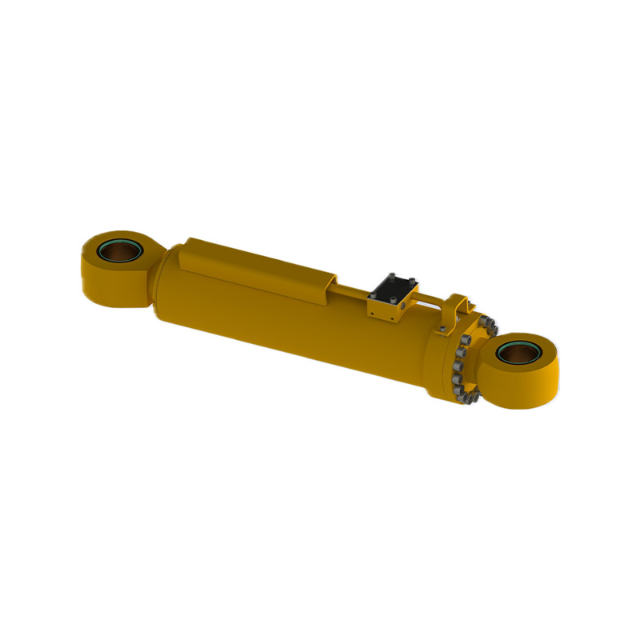
What Role Does Temperature Play in Cylinder Failure?
Mining work doesn’t happen in clean labs. Some shafts are freezing, others are very hot. Both extremes cause problems for hydraulic systems. Oil gets too thick in cold weather, or too thin in heat. Seals lose flexibility when the temperature is wrong.
Can Cylinders Operate in Extreme Cold or Heat?
Yes, but only if they’re built for it. Standard cylinders can usually work from about -20°C to +90°C. With extra design steps, they can reach -25°C to +120°C. If you use a normal cylinder in extreme conditions, parts will break quickly. Seals may crack in the cold or swell in heat. Choosing a custom built cylinder with the right materials is the safer move.
How Do Mounting and Alignment Issues Lead to Failure?
Even a strong cylinder won’t last long if it’s mounted badly. Misalignment means the rod is not moving in a straight line. That creates uneven pressure and side forces that bend parts and wear seals unevenly.
What Happens If Mounting Is Incorrect?
When the cylinder isn’t aligned, you often hear chatter or see jerky movement. Over time, this causes cracks in the end caps or leaks at the joints. Fixing alignment is simple compared to repairing damage. Correct mounting, tight bolts, and well made connectors add years to the life of a cylinder.
When Should You Replace a Hydraulic Cylinder Instead of Repairing It?
Repairs can’t always save a cylinder. Sometimes the damage is too deep. Replacing the unit becomes the smarter and safer choice.
What Are the Signs That It’s Time to Replace?
If the rod is bent, the barrel is cracked, or the inside is badly scored, repair will not restore full strength. If you keep changing seals but still face leaks, it’s a sign of hidden issues. In these cases, replacement is best. A fresh unit removes the risk of hidden cracks or metal fatigue.
For mining projects, a product designed specifically for this work is the Hydraulic Cylinder for Roadheader. It is made for high loads, dusty sites, and long service intervals. Choosing equipment built for the job lowers the chance of repeated breakdowns.
Shining Hydraulic focuses on hydraulic cylinders for difficult environments. Their engineers have years of field knowledge and create designs that stand up to heavy duty use. They offer custom built systems, strong sealing technology, and strict testing to match the exact needs of mining and tunneling machines. If you’re looking for a trusted source for parts or a partner for projects, Shining Hydraulic’s service page and about page give clear details. When it comes time to check specs or place an order, their contact page makes it easy to connect with real experts.
FAQ
Q1: Why do hydraulic cylinders in roadheaders fail earlier than in other machines?
A: They face much harder conditions like heavy pressure, sharp dust, and nonstop load cycles, which wear out parts faster.
Q2: How often should hydraulic seals be replaced in mining cylinders?
A: Inspections should be done often. Replace seals at the first leak or if piston movement feels irregular.
Q3: Can poor quality hydraulic fluid really cause cylinder damage?
A: Yes. Low grade or dirty fluid scratches the rod, damages seals, and makes the cylinder chatter. Clean oil extends service life.
Q4: What’s the main advantage of cylinders with cushion design?
A: Cushions cut down impact at the end of a stroke. They protect the rod and linkage, and keep the machine moving smoothly.
Q5: Is it better to repair or replace a roadheader hydraulic cylinder after major damage?
A: When rods bend or barrels crack, repair won’t restore strength. Replacement is usually safer and more cost effective.

